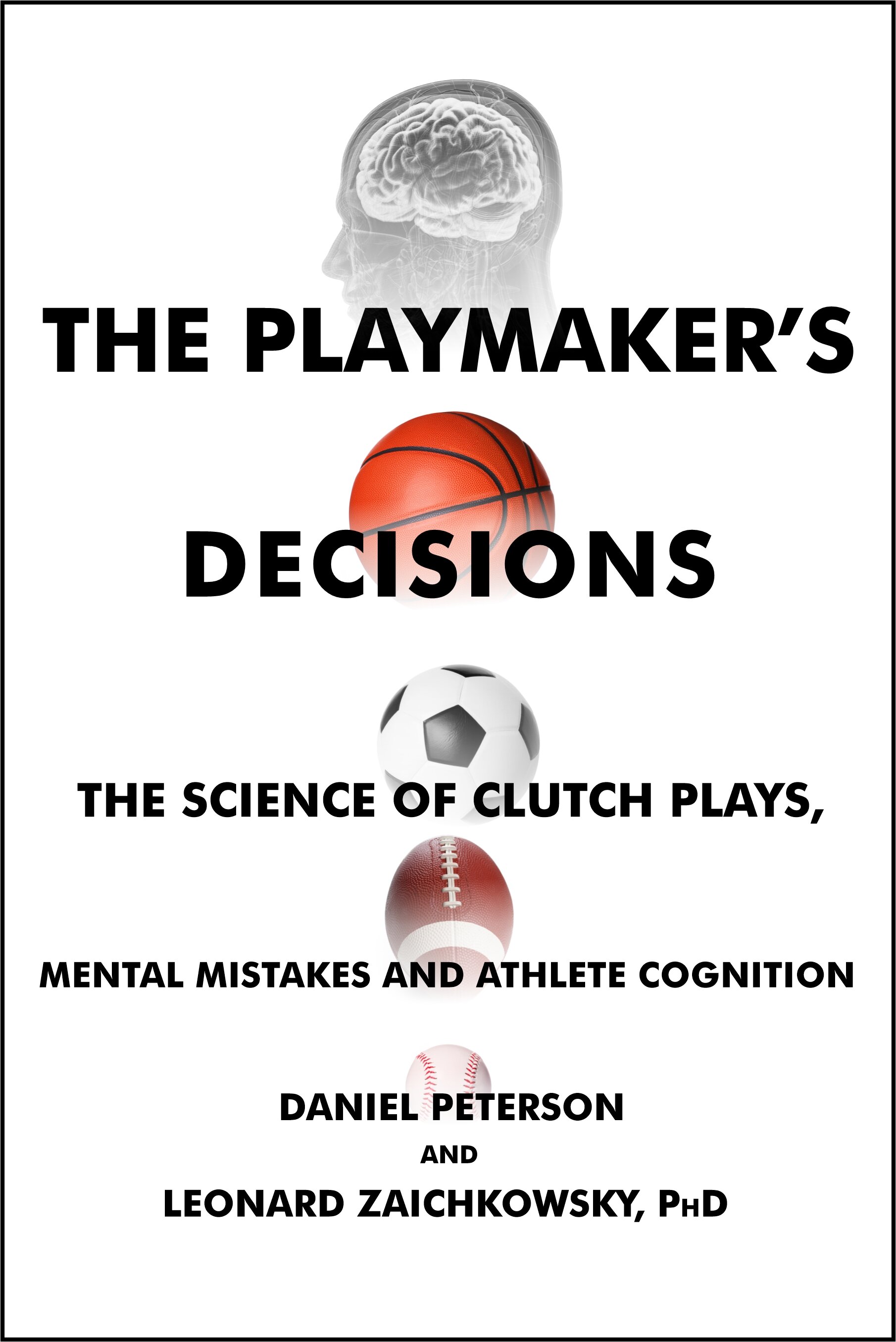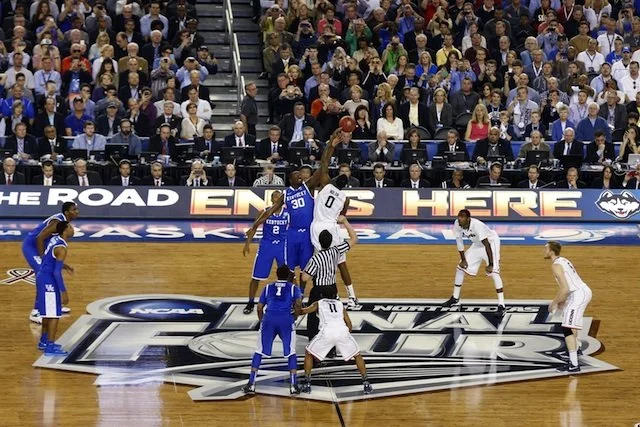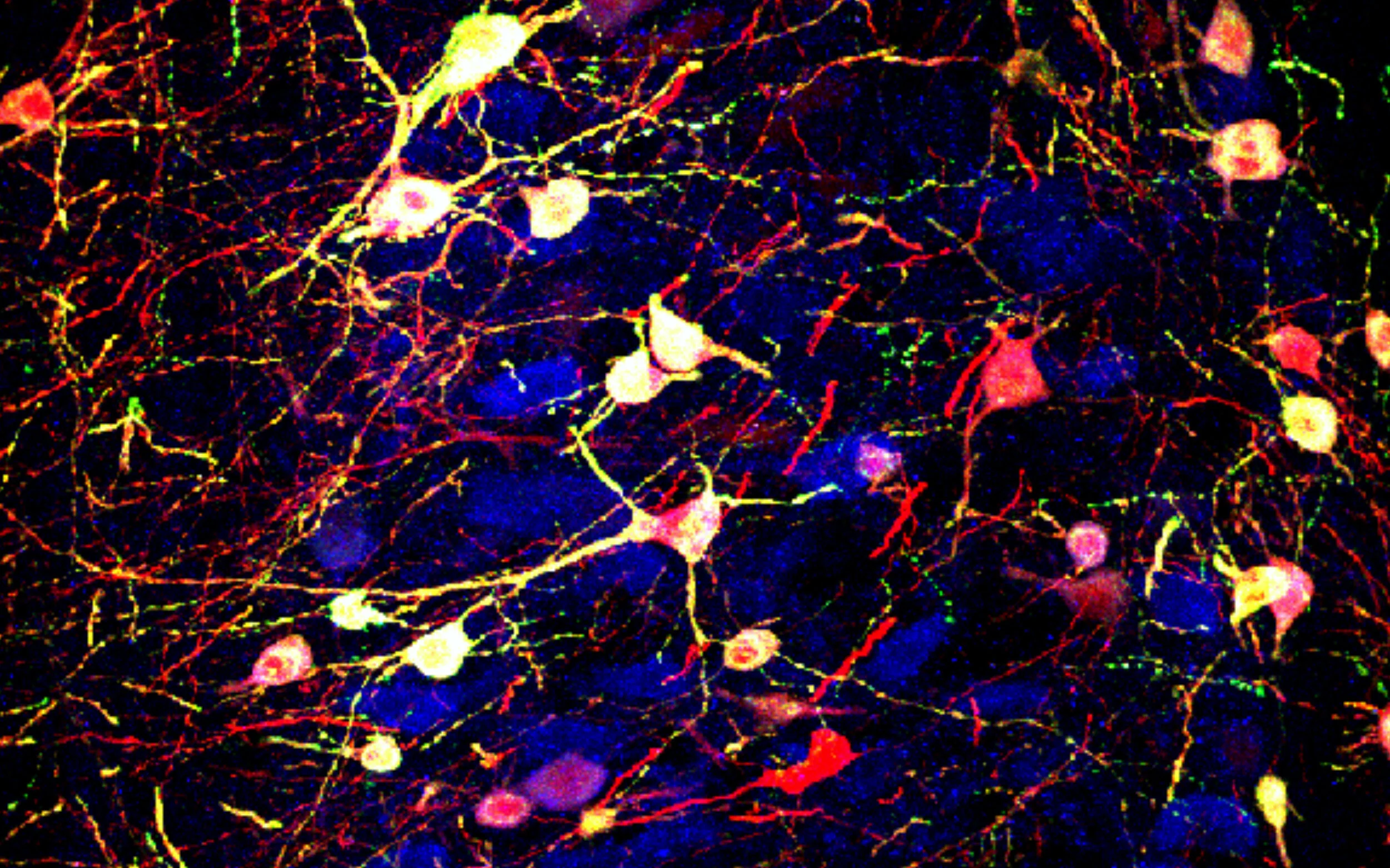The Sports Cognition Framework
/
So, why should athletes and coaches be interested in all of this cognitive science stuff? They have been playing and coaching these sports for years, practicing with the same drills and routines and having success. Some may say, "if it ain't broke..." At the same time, all players and coaches are looking for the "the Edge"; the practice technique, game strategy, player development skill that will help the bottom line; winning. The physical training attributes still need to be developed in terms of raw speed, acceleration, agility, strength and balance. Hours are spent in the training rooms and gyms improving these variables. The game preparation process is still there; watching film, breaking down strengths and weaknesses of the opponent, tactical planning, etc. Some may say that is the "mental preparation" needed for competition. That's true, it is a plan for success, but the key is in execution of the plan. At the exact moment in the game when execution is needed, will each player know the right thing to do and be able to do it? That is the essence of what I call the "Sports Cognition Framework". It is the combination of the three themes: decision-making competence (knowing what to do), motor skill competence (being physically able to do it), and positive mental state (being motivated and confident to do it). There seem to be many, deep areas of research into each of these topics. My job is to dig into each of these areas and look for relevant research that you will find practical to include in your training or your coaching.














